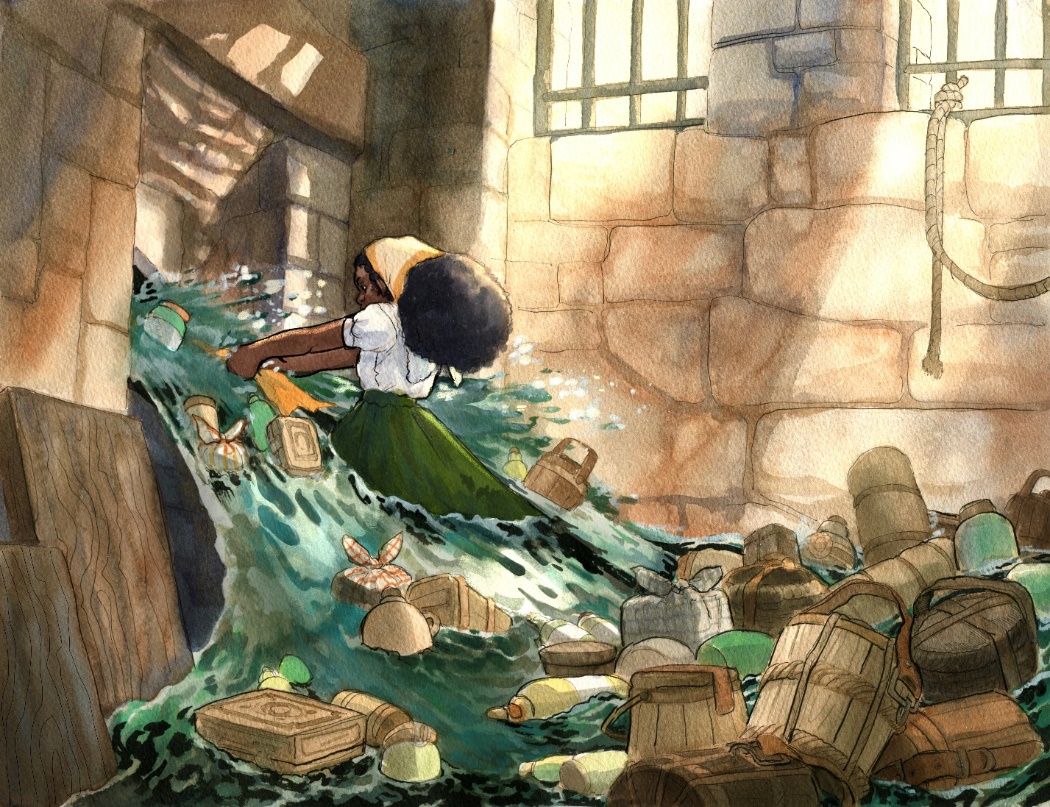Chapter 28:
Fisheyes
Within the month, Ursula and Brohm were married and had moved out of Hiren to Fellered.
Since Brohm’s father had died, his uncle – Lord Ede - sent a bridal dowry to Ursula of a fair sum of money. Ursula, with thoughtful eyes, had it placed away in a bank and spoke to no one what she planned, though Moth suspected she wanted a dress shop.
News spread quickly that a Hevwed had married an Ede, and that they had even gotten money from him – even if no one but Ursula saw a cent of it, it sat wrong to the farmers of Hiren. Many farms closed themselves to Moth and Mrs. Tunhofe, and fewer people wrote to Clem asking for advice. Mrs. Tunhofe tried desperately to keep open conversation with the farm community, but she failed, and she and Moth no longer went on their rounds to the different farms.
Her family began to be isolated.
Moth was astonished by this turn, but Clem, Norwin, and Vade had known this could occur with Ursula and Brohm’s marriage and had blessed them anyways. It had been the topic of many late-night discussions between them.
It was understood, silently, that this news was not to be written to Ursula – she had not grasped the consequences of her choice, she wasn’t to be blamed.
